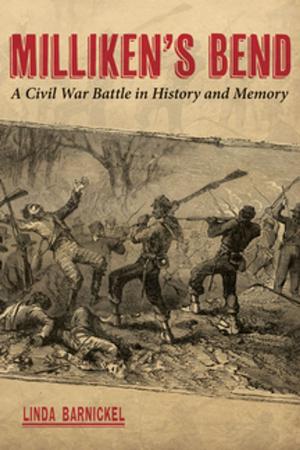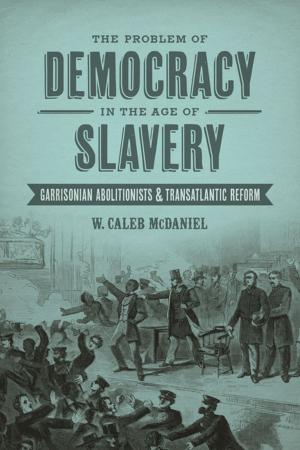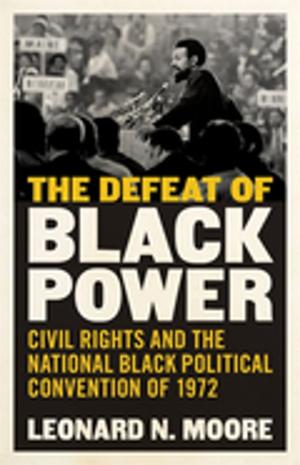The Ideology of Slavery
Proslavery Thought in the Antebellum South, 1830–1860
Nonfiction, History, Americas, United States| Author: | ISBN: | 9780807153963 | |
| Publisher: | LSU Press | Publication: | September 1, 1981 |
| Imprint: | LSU Press | Language: | English |
| Author: | |
| ISBN: | 9780807153963 |
| Publisher: | LSU Press |
| Publication: | September 1, 1981 |
| Imprint: | LSU Press |
| Language: | English |
In one volume, these essentially unabridged selections from the works of the proslavery apologists are now conveniently accessible to scholars and students of the antebellum South. The Ideology of Slavery includes excerpts by Thomas R. Dew, founder of a new phase of proslavery militancy; William Harper and James Henry Hammond, representatives of the proslavery mainstream; Thornton Stringfellow, the most prominent biblical defender of the peculiar institution; Henry Hughes and Josiah Nott, who brought would-be scientism to the argument; and George Fitzhugh, the most extreme of proslavery writers.
The works in this collection portray the development, mature essence, and ultimate fragmentation of the proslavery argument during the era of its greatest importance in the American South. Drew Faust provides a short introduction to each selection, giving information about the author and an account of the origin and publication of the document itself.
Faust's introduction to the anthology traces the early historical treatment of proslavery thought and examines the recent resurgence of interest in the ideology of the Old South as a crucial component of powerful relations within that society. She notes the intensification of the proslavery argument between 1830 and 1860, when southern proslavery thought became more systematic and self-conscious, taking on the characteristics of a formal ideology with its resulting social movement. From this intensification came the pragmatic tone and inductive mode that the editor sees as a characteristic of southern proslavery writings from the 1830s onward. The selections, introductory comments, and bibliography of secondary works on the proslavery argument will be of value to readers interested in the history of slavery and of nineteenth-centruy American thought.
In one volume, these essentially unabridged selections from the works of the proslavery apologists are now conveniently accessible to scholars and students of the antebellum South. The Ideology of Slavery includes excerpts by Thomas R. Dew, founder of a new phase of proslavery militancy; William Harper and James Henry Hammond, representatives of the proslavery mainstream; Thornton Stringfellow, the most prominent biblical defender of the peculiar institution; Henry Hughes and Josiah Nott, who brought would-be scientism to the argument; and George Fitzhugh, the most extreme of proslavery writers.
The works in this collection portray the development, mature essence, and ultimate fragmentation of the proslavery argument during the era of its greatest importance in the American South. Drew Faust provides a short introduction to each selection, giving information about the author and an account of the origin and publication of the document itself.
Faust's introduction to the anthology traces the early historical treatment of proslavery thought and examines the recent resurgence of interest in the ideology of the Old South as a crucial component of powerful relations within that society. She notes the intensification of the proslavery argument between 1830 and 1860, when southern proslavery thought became more systematic and self-conscious, taking on the characteristics of a formal ideology with its resulting social movement. From this intensification came the pragmatic tone and inductive mode that the editor sees as a characteristic of southern proslavery writings from the 1830s onward. The selections, introductory comments, and bibliography of secondary works on the proslavery argument will be of value to readers interested in the history of slavery and of nineteenth-centruy American thought.















